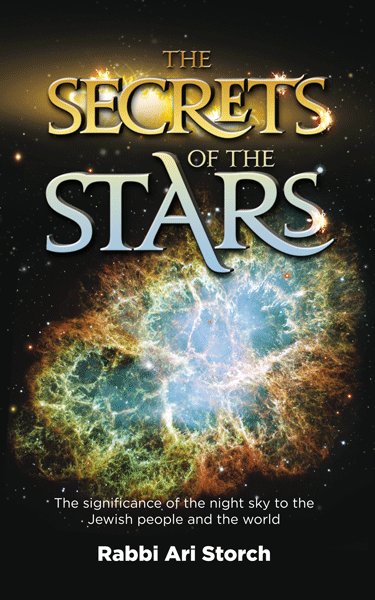Although the names of the months are Babylonian in nature, Chazal still analyze them and display hidden meanings that are encoded into these names. Adar is from the word Adir which means mighty and this month's name displays this quality since it was in this month that Moshe Rabbeinu was born.(See Torah Sheleimah Miluim Parshas Bo P.177)
I find it interesting that the meaning that the Midrash gives is based on what many would consider a secondary aspect of this month. When asked, most people respond that the defining feature of this month is Purim (obviously this year there are two Adars, see previous post regarding which one is the true Adar)! Although at first glance the choice of the Midrash seems confusing, perhaps, it really is nothing of the sort. We know that the reason Haman was happy when his lottery fell on Adar was because he thought that the month brought with it bad luck to Bnai Yisrael. Moshe Rabbeinu died on 7 Adar and this, thought Haman, showed that Bnai Yisrael have misfortune in this time. Of course, Haman's mistake was that he did not focus on the fact that Moshe was born in this month (7 Adar), as well.
Although this month did bring with it the sadness of the passing of Moshe, because he lived we received the Torah and are able to keep Hashem's mitzvos. The goodness that was bestowed upon us due to this month is more of the focus than the tragedy that later befell. As we are taught, it was the lack of adherence to specific mitzvos in the Torah that caused the initial decree of destruction of the Jews by Achashveirosh. Later, it was their repentance and determination to come back to the Torah that brought about salvation.
When one looks at Adar he can either see tragedy or reason for celebration. The difference in perspective is dependent on whether one views the Torah and its mitzvos as something important. To Haman who did not, he only saw the tragedy that came to Klal Yisrael because Moshe died in this month. In Haman's mind, had Moshe not died he would still be ruling the Jews and no other nation would be able to conquer them. It was only because Moshe died that Bnai Yisrael found themselves under Achashveirosh's rule and now susceptible to annihilation. Moshe's birth had become insignificant in his eyes because his impact, thought Haman, was no longer felt.
Of course to those with proper perspective they realize that Moshe's impact was not lost because it was not just his leadership that was important. The Torah and mitzvos are eternal and therefore the focus of Adar is really Moshe's birth and reflecting on the Torah that was given through him and that impact still exists. Thus, so long as the Jews were seeing things in Haman's way they were subjected to the evils of Adar and the month displayed the death of Moshe. Once they came around to see things properly the month's nature itself changed. The focus was now on the birth and the month displayed good tidings.
Therefore, the Midrash's choice of Moshe's birth over Purim seems very logical. It was because of this birth that Purim was able to happen.
Thursday, February 14, 2013
Subscribe to:
Comments (Atom)

